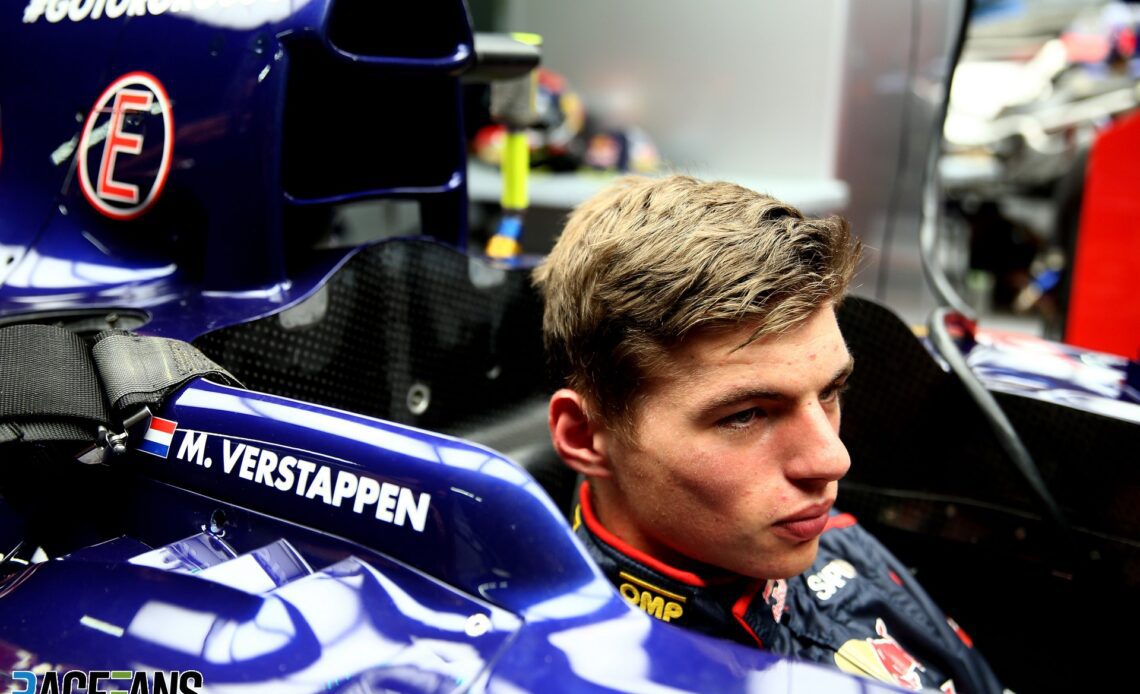Formula 1’s latest world champion was able to debut at the top level when he was just 17 years of age.
The next year, Max Verstappen became F1’s youngest ever winner – by some margin – aged just 18 years and 228 days. But while Verstappen achieved so much so young, his breakthrough has not led to other teenage sensations making similar splashes in the world championship. At least, not from the current generation of junior single-seater drivers.
After Red Bull picked up Verstappen from the European Formula 3 championship, which he had moved to almost directly from karting, the FIA changed the qualification requirements for an F1 superlicence to remove two key elements which made his F1 arrival unique: he was under 18, and had only completed one season of car racing.
From then on all drivers applying for a superlicence need to have “completed at least 80% of each of two full seasons” of recognised championships and be at least 18 years of age. There is also a points…

